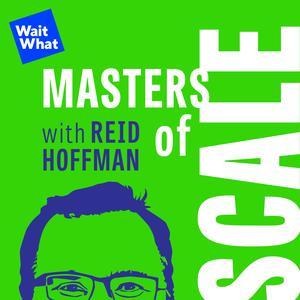
In this episode of the “Science vs” podcast, host Tim Ferris interviews Dr. Mark Plotkin, a renowned ethno-botanist and president of the Amazon Conservation Team. Dr. Plotkin shares his expertise on coffee, the world’s favorite stimulant, delving into its chemistry, history, and more.
Dr. Mark Plotkin takes us on a journey through the fascinating history of coffee, filled with tales of adultery, larceny, spies, smugglers, and slave revolts. Despite its rich and intriguing history, coffee has yet to be the subject of a Hollywood film. Its widespread consumption as the world’s favorite stimulant makes it a captivating topic to explore.
Dr. Plotkin shares the origins of coffee, starting with its discovery in Ethiopia by the Oromo people who believed it to be the tears of the supreme sky god. From there, coffee traveled across the Red Sea to the Arabian Peninsula, where it gained popularity among Sufis who used it to enhance their concentration during prayer ceremonies. The European colonial powers recognized the economic potential of coffee and broke the Arab monopoly, leading to the establishment of coffee plantations in Central and South America.
Coffee houses emerged as centers of social interaction, business, and entertainment. They defied existing social and economic hierarchies, providing an egalitarian ambiance for discussions and debates. Coffee became deeply ingrained in Muslim culture as an alternative to alcohol. However, coffee houses also attracted unwanted attention from religious and political leaders who felt threatened by the political discussions that took place within their walls.
Coffee played a significant role in the development and promotion of new ideas during the Enlightenment and Industrial Revolution. It enhanced alertness, improved coordination, and increased productivity, making it valuable in factories and dangerous jobs. In the 21st century, specialty coffee is treated like wine, with a focus on savoring and appreciating its complex flavors. Coffee remains the preferred drink for those seeking an intellectual edge.
Dr. Mark Plotkin’s exploration of coffee’s chemistry, history, and cultural impact provides a captivating look into the world’s favorite stimulant. From its origins in Ethiopia to its role in shaping societies throughout history, coffee continues to be a beloved beverage that fuels intellectual pursuits and social interactions. Whether enjoyed in a coffee house or savored as a specialty brew, coffee remains an integral part of our lives.